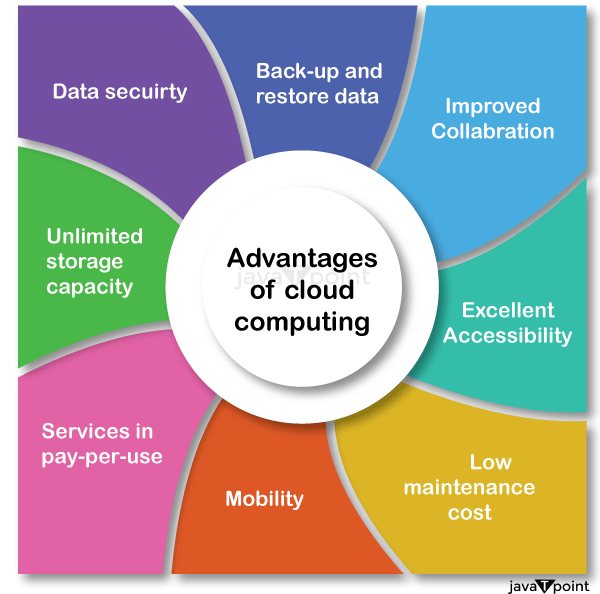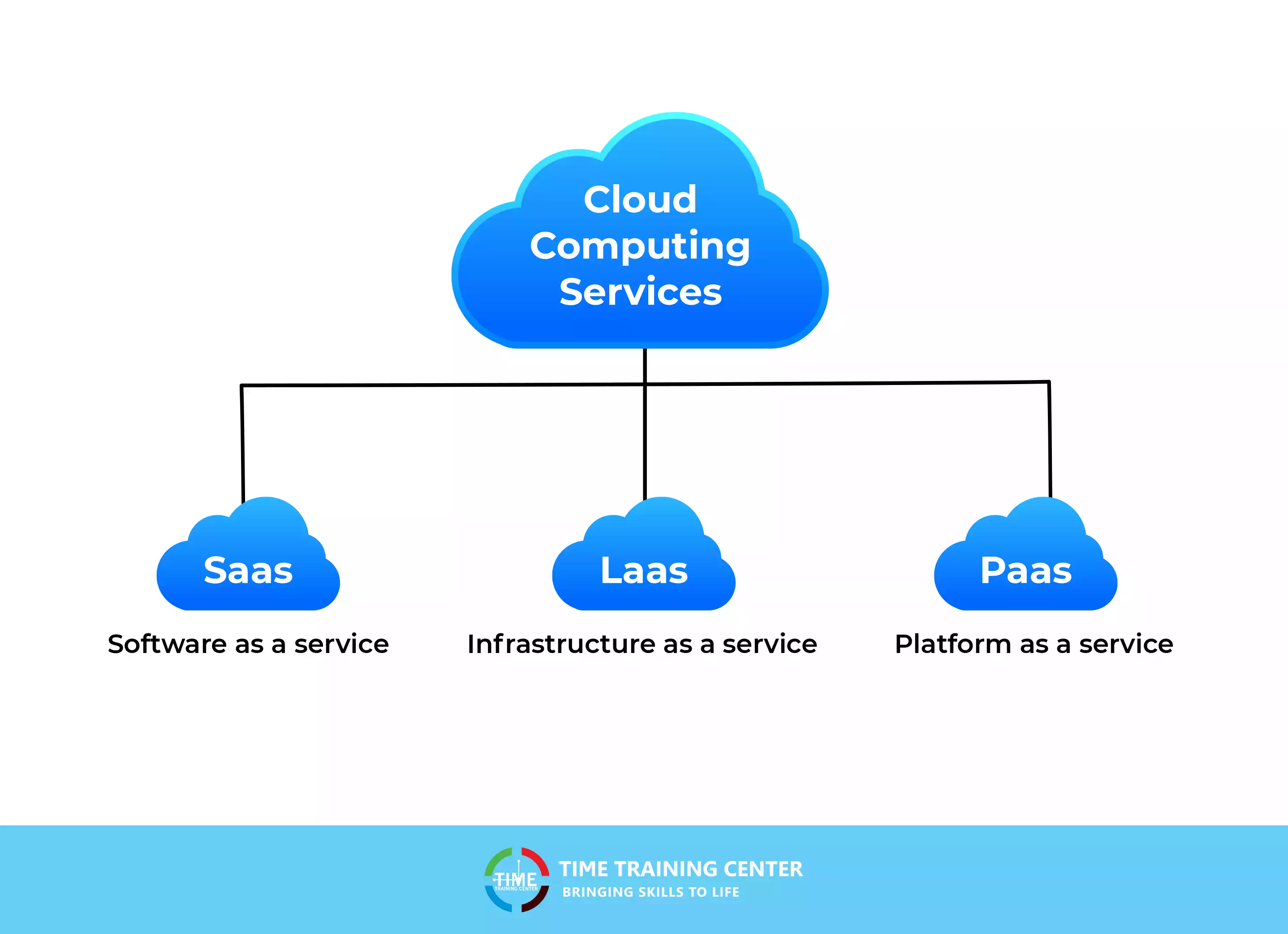Comprehensive Cloud Services: Boost Efficiency and Safety for Your Business
Comprehensive Cloud Services: Boost Efficiency and Safety for Your Business
Blog Article
Achieve Seamless Scalability With Cloud Solutions
In the ever-evolving landscape of cloud services, accomplishing smooth scalability stands as a keystone for modern-day services seeking to remain affordable and adaptable. The mission for smooth scalability with cloud services reveals a globe of possibilities for those prepared to welcome the transformative power of dynamic source administration.
Advantages of Cloud Scalability
Cloud scalability offers organizations the versatility to dynamically adjust sources based upon demand, ensuring optimum performance and price performance. One crucial advantage is the capability to range sources up or down rapidly in reaction to changing work. This dexterity enables organizations to fulfill transforming customer demands without over-provisioning sources, eventually causing cost savings. Scalability likewise enhances performance by making sure that systems can take care of boosted website traffic or workload without experiencing downtime or stagnations. By successfully alloting resources, companies can preserve high levels of efficiency throughout peak times without unnecessary costs during quieter durations. Furthermore, cloud scalability promotes technology and experimentation by allowing organizations to easily examine new concepts and range them as required. This adaptability motivates a society of constant improvement and adaptation, making it possible for organizations to stay affordable in a quickly progressing market landscape. Ultimately, the benefits of cloud scalability prolong past price savings to incorporate improved performance, dexterity, and innovation.
Key Attributes for Scaling
Effective scaling in cloud solutions relies on crucial attributes that allow organizations to readjust resources dynamically based on demand. One essential feature for scaling is elasticity, allowing sources to scale up or down in response to varying work. This guarantees that organizations can satisfy efficiency demands without over-provisioning sources. Another essential feature is scalability, allowing systems to deal with raised workload by adding resources perfectly. This function is essential for suiting growth without jeopardizing performance. Furthermore, automation plays a crucial function in scaling by automating the provisioning and de-provisioning of sources based on predefined policies. Automation lowers human treatment, boosts efficiency, and makes certain fast feedback to changing needs. Surveillance and analytics tools are additionally important for scaling, giving understandings into resource use, performance metrics, and possible bottlenecks. These tools enable companies to maximize and make informed decisions source allowance for reliable scaling. Generally, these key features jointly encourage companies to achieve seamless scalability in cloud solutions.
Applying Auto-Scaling Strategies
To successfully optimize resource allocation and adjust to varying work, organizations should strategically apply auto-scaling strategies in their cloud solutions facilities. Auto-scaling permits systems to automatically readjust the variety of compute sources based upon real-time need. There are different auto-scaling strategies that companies can utilize, such as anticipating scaling, which click to read uses historical information to forecast future resource needs, and responsive scaling, which reacts to existing workload adjustments.

Ideal Practices for Scalability
For organizations aiming to boost their scalability in cloud services, applying ideal practices is crucial for ideal performance and resource monitoring. One key ideal method is developing applications with a microservices style. This strategy breaks down applications into smaller sized, independent solutions that can be deployed, upgraded, and scaled individually, allowing for better adaptability and scalability.
An additional crucial method is using containerization modern technology, such as Docker or Kubernetes. Containers allow the product packaging of applications and their reliances right into separated units, making it less complicated to scale elements separately and deploy them constantly across various environments.
Furthermore, carrying out automated implementation and framework as code (IaC) can simplify scalability efforts (linkdaddy cloud services). Automation tools like Terraform or Ansible aid in provisioning and managing resources efficiently, decreasing hand-operated mistakes and enabling fast scalability
Moreover, checking performance metrics, establishing alerts, and conducting routine capability planning are crucial methods to make certain positive scalability management. By adhering to these finest techniques, organizations can achieve seamless scalability in their cloud services visit this site while enhancing performance and source usage.
Tracking Performance Metrics
When evaluating the effectiveness of cloud services scalability, carefully keeping track of efficiency metrics is crucial for making sure optimal performance and source allowance. By continually tracking essential performance indicators (KPIs) such as reaction times, resource, throughput, and latency usage, organizations can gain beneficial insights into the health and wellness and performance of their cloud facilities. Keeping an eye on efficiency metrics enables the very early detection of prospective bottlenecks or concerns that might influence scalability, enabling positive measures to be required to address them prior to they escalate.

Verdict
To conclude, achieving smooth scalability with cloud services is essential for organizations to enhance performance, improve innovation, and preserve high performance levels throughout peak times. By leveraging the benefits of cloud scalability, executing auto-scaling methods, utilizing essential attributes such as flexibility and automation, and following ideal practices like application design and performance surveillance, companies can efficiently scale their systems while making the most of resource usage and efficiency.
The pursuit for smooth scalability with cloud solutions introduces a globe of possibilities for those willing to accept the transformative power of vibrant resource management.
Cloud scalability provides organizations the adaptability to dynamically readjust sources based on demand, guaranteeing optimal performance and cost effectiveness. One more vital function is scalability, making it possible for systems to handle boosted work by including resources seamlessly.For companies aiming to boost have a peek here their scalability in cloud services, executing ideal techniques is important for optimum performance and source administration.When evaluating the efficiency of cloud solutions scalability, carefully monitoring efficiency metrics is imperative for making certain optimal performance and source allotment.
Report this page